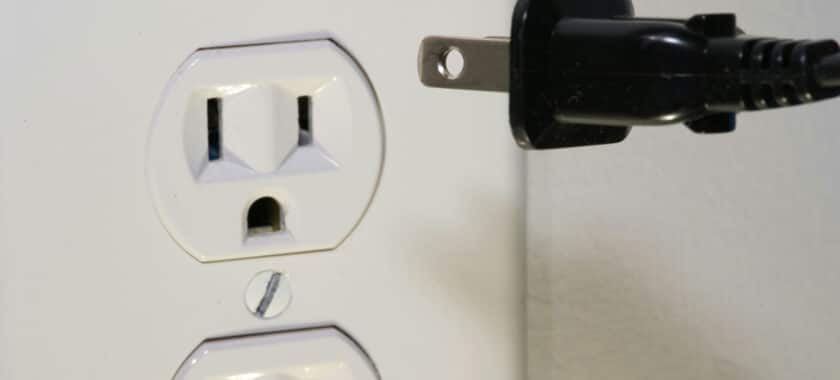GUARANTEED COMFORT & AFFORDABILITY
Whether you need heating, air conditioning, or indoor air quality services, we have an HVAC contractor ready to handle the job.
Working Hours : Monday to Friday (7am - 5pm)

Electrical problems can make homeowners feel powerless — literally and figuratively. Left ignored or unaddressed, electrical issues can grow and compound until they result in catastrophic and expensive failure.
Here are five of the most common electrical problems to monitor before calling for professional repairs.
Your circuit breaker trips or automatically shuts down when it detects a problem with the electrical current. The most common cause of a trip is power overload, usually from too many appliances or lights being plugged into a single circuit. Ground faults and short circuits are also potential causes.
If a circuit breaker keeps tripping, it may be indicative of deeper electrical problems that could lead to damage or electrical fires. To stave off future issues, limit how many appliances you send through a single circuit. Restrict your usage of extension cords and never use them as a permanent power solution.
A temporary power surge isn’t always strong or long enough to trip your circuit breaker, but repeated instances can indicate electrical problems that need to be resolved.
Power surges can be the result of overloaded circuits, loose or damaged wiring, or large-sized appliances turning on or off. They may also be caused by external events, such as lightning storms or power grid malfunctions.
As with circuit breaker overloads, make sure you’re not using too many electrical appliances in a single circuit. Use power strips with surge protection to withstand excess voltage.
Outlet issues can be difficult to diagnose but can lead to more severe electrical problems. A loosely fitting plug can be a sign of a worn-out grip, which can result in overheating or sparking. Melted plastic around the outlet is a huge red flag as it poses a fire hazard. If the outlet is cracked or broken, it’s at risk of attracting moisture that can result in shocks or short-circuiting.
Electrical outlet issues should be addressed only by a qualified residential electrician. The most a homeowner should do is turn the outlet’s corresponding circuit breaker off and unplug all electric devices, then call a licensed electrician to fix the problem.
The modern home demands a lot of electricity — far more than twentieth-century electric systems can handle. Some houses have wiring materials dating back to the 1960s (such as aluminum) that have eroded and decayed. This makes it harder for the wiring to deliver the voltage in sufficient amounts and can lead to more serious damage, like shocks or fires.
A qualified home or emergency electrician can identify the issues in old wiring and recommend a strategy to upgrade your system.
A flickering light may signify nothing more than a loose light bulb. But it could also signal loose wiring or connections, especially if the lighting fixture hasn’t been changed in many years. The worst-case scenario flickering lights can point to is an overloaded circuit.
If it’s more than just a loosely screwed bulb, have your lighting system inspected by a professional before more serious electrical problems develop.
Is your Colorado Springs home experiencing any of the above issues — or something you suspect may become a problem down the line? Peak Home Performance’s expert electricians find the causes of the most troublesome electrical problems and can bring your systems back to full operation.
If you see an electrical problem, don’t hesitate to get it fixed. Contact Peak Home Performance to schedule an appointment today.
Leave a Reply